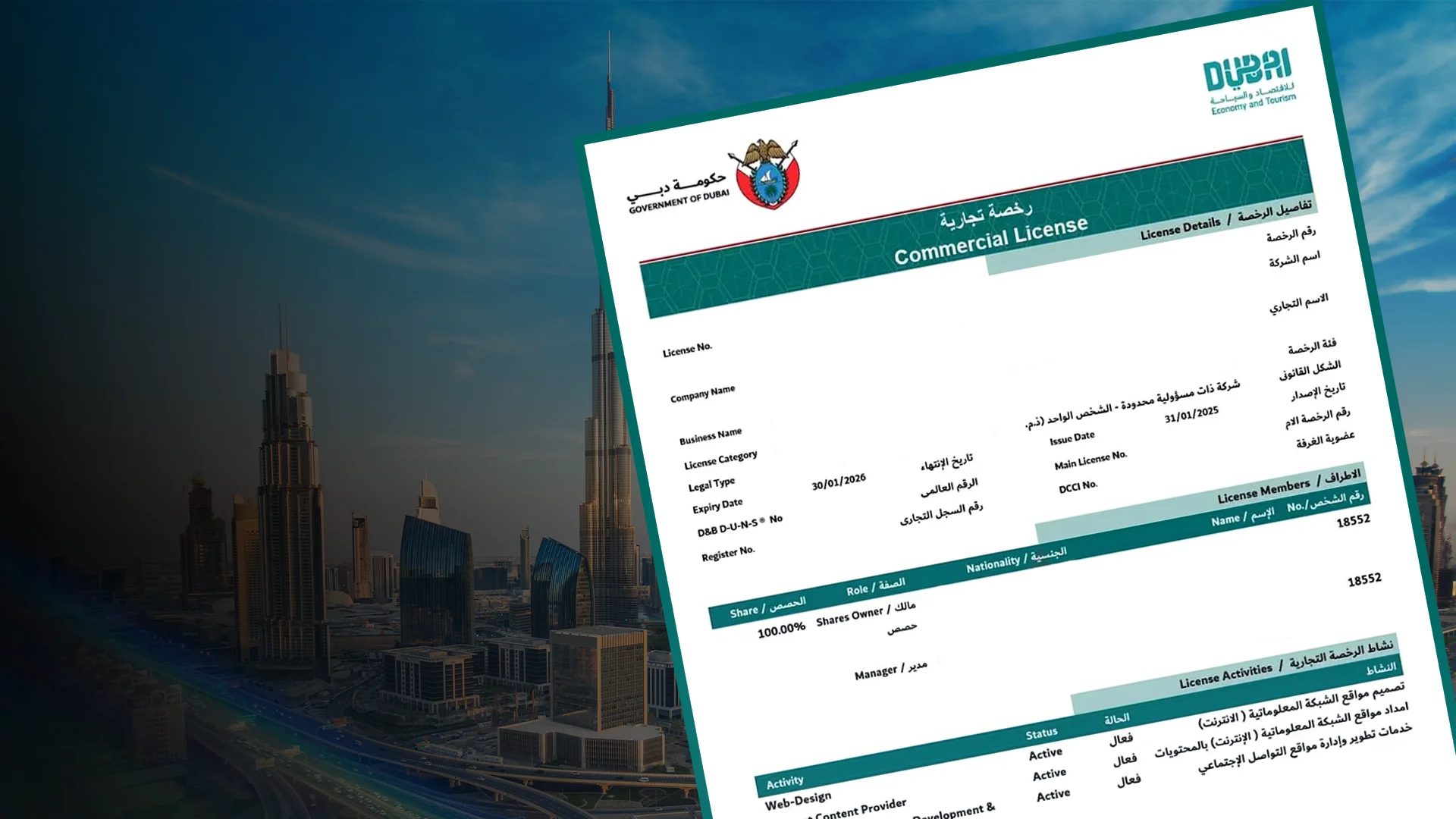
Topic Summary
1. Applicability Beyond Financial Institutions
Anti-Money Laundering (AML) and Know Your Customer (KYC) regulations in the UAE extend far beyond banks and financial institutions. Businesses across all sectors—including startups, consultancies, and trading firms—are required to comply. This broad scope ensures that all entities contribute to the nation’s efforts to combat financial crime.
2. Customer Identification and Verification
Businesses must implement robust customer due diligence processes. This includes verifying the identity of clients through valid identification documents and understanding the nature of their business activities. Such verification is crucial to prevent fraudulent or suspicious transactions.
3. Source of Funds Transparency
Organisations must ascertain the origin of funds involved in their transactions. Understanding where money comes from helps detect and prevent illicit activities, such as money laundering or terrorism financing, thereby safeguarding the integrity of the business and the wider economy.
4. Maintaining Comprehensive Records
It is mandatory to maintain accurate and detailed records of client information and transactional data. These records must be retained for a minimum period as prescribed by the UAE regulatory authorities, enabling effective audits and investigations if necessary.
5. Regular Risk Assessments and Compliance Training
Entities must conduct periodic risk assessments to identify vulnerabilities in their AML frameworks and ensure continuous improvement. Additionally, staff should receive regular training on AML and KYC obligations to foster a compliance culture across the organisation.
Think compliance is just for banks? Think again.
Whether you’re launching a startup, running a consultancy, or scaling a trading company, UAE AML KYC regulations apply to you.
These rules are part of the UAE’s mission to fight financial crime, protect legitimate businesses, and keep the country a trusted global hub. That means knowing who your customers are, where the money comes from, and having clear records of ownership.
In this guide, we’ll break it down — from anti-money laundering laws in the UAE to practical steps for KYC compliance, customer due diligence, and avoiding AML penalties.
Simple, clear, and designed to help you stay 100% compliant — without slowing your business down.
Why UAE AML KYC Regulations Matter for Your Business
Let’s be honest — no one likes paperwork. But when it comes to UAE AML KYC regulations, it’s more than just a legal box to tick. It’s about protecting your business, your money, and your future.
Non-compliance with anti-money laundering laws in the UAE can lead to massive fines, license suspension, and even criminal charges. But it’s not all risk — it’s also about opportunity. When you play by the rules, you gain trust, credibility, and long-term growth.
Here’s why compliance counts:
- You prevent your business from being used for illicit activity (yes, even unknowingly).
- You build stronger relationships with banks, partners, and investors.
- You boost transparency and gain a real edge in the market.
The UAE’s Financial Intelligence Unit (FIU) has made this easier with goAML reporting — a digital platform that businesses must use to submit Suspicious Transaction Reports (STRs) and Activity Reports (SARs). If you’re operating in the UAE, this is not optional.
Failure to comply with AML penalties in the UAE can result in:
- Fines between AED 50,000 and AED 5 million
- Suspension or cancellation of your business license
- Criminal proceedings against business owners or directors
- Major reputational damage — both locally and globally
What KYC Compliance in the UAE Actually Involves
Staying compliant means getting the basics right - from UAE AML KYC regulations to ISO certificate vs local business accreditation. Here are the key components you need to know:
- Customer Due Diligence (CDD) UAE
This is where it starts — knowing who you’re dealing with.
You’ll need to:- Collect valid ID documents
- Understand your customer’s business and risk level
- Monitor transactions for anything suspicious
- Beneficial Ownership UAE
Every company must declare its Ultimate Beneficial Owners (UBOs) — anyone holding 25% or more of shares or voting rights. This stops bad actors from hiding behind layers of ownership. - Record-Keeping Obligations
Keep a clear paper trail. Businesses must retain all customer records, ID checks, and due diligence files for at least five years — just in case regulators need to take a closer look.
How Meydan Free Zone Helps Businesses Meet AML Requirements in the UAE
We know AML requirements for businesses in the UAE can feel overwhelming — especially for startups and small business owners. That’s why Meydan Free Zone provides hands-on support from day one.
Here’s what you get:
- Clear Guidance: We keep you updated on UAE financial crime compliance and what it means for your business.
- goAML Registration Support: Step-by-step help with registering and filing through the government portal.
- Training & Resources: Access to practical toolkits, documents, and sessions to help you stay on top of compliance.
- Expert Consultation: Need clarity on something? Our advisors are here to walk you through KYCcompliance in the UAE and tailor solutions to your specific activity.
In Conclusion
UAE AML KYC Regulations are good for business.
Yes, compliance takes effort — but it’s worth it.
Understanding and following UAE AML KYC regulations is a smart move for any business operating in today’s interconnected economy. It helps you stay legal, build trust, and grow without risk.
Whether it’s customer due diligence, beneficial ownership disclosure, or goAML reporting in the UAE, Meydan Free Zone makes sure you’re equipped to get it right.
With digital tools, expert support, and a clear path forward, we help you build a business that’s not only profitable — but also future-proof.
FAQs
1. What are UAE AML KYC regulations?
UAE AML KYC regulations refer to the legal requirements for businesses to prevent money laundering and verify customer identities. These include Anti-Money Laundering (AML) and Know Your Customer (KYC) protocols that apply to financial institutions and designated non-financial businesses.
2. Who must comply with AML and KYC in the UAE?
All financial institutions and DNFBPs (Designated Non-Financial Businesses and Professions) in the UAE must comply with AML and KYC laws. This includes real estate firms, accounting providers, company formation agents, and others handling high-risk transactions.
3. What is goAML registration in the UAE?
goAML is an online reporting platform by the UAE’s Financial Intelligence Unit (FIU). All regulated entities must register on goAML and submit Suspicious Transaction Reports (STRs) and Suspicious Activity Reports (SARs) as part of their AML obligations.
4. What are the key AML penalties in the UAE?
AML penalties in the UAE include fines ranging from AED 50,000 to AED 5 million, suspension or revocation of business licenses, and potential criminal charges for non-compliant individuals or companies.
5. What is Customer Due Diligence (CDD) in the UAE?
Customer Due Diligence in the UAE involves verifying customer identity, assessing risk, and monitoring transactions. It is a core part of KYC compliance for businesses operating under UAE financial regulations.
6. What is beneficial ownership in the UAE?
Beneficial ownership refers to individuals who ultimately own or control 25% or more of a company’s shares or voting rights. UAE regulations require all businesses to disclose their UBOs to promote transparency and prevent illicit activity.
7. Do UAE businesses need to keep AML records?
Yes. Businesses in the UAE must retain AML-related records — including transaction logs, identity documents, and due diligence reports — for at least five years as part of their compliance obligations.
8. How does Meydan Free Zone support AML compliance?
Meydan Free Zone offers support for AML and KYC compliance by guiding businesses through goAML registration, providing regulatory updates, and offering tailored consultation and training to meet UAE compliance requirements.































